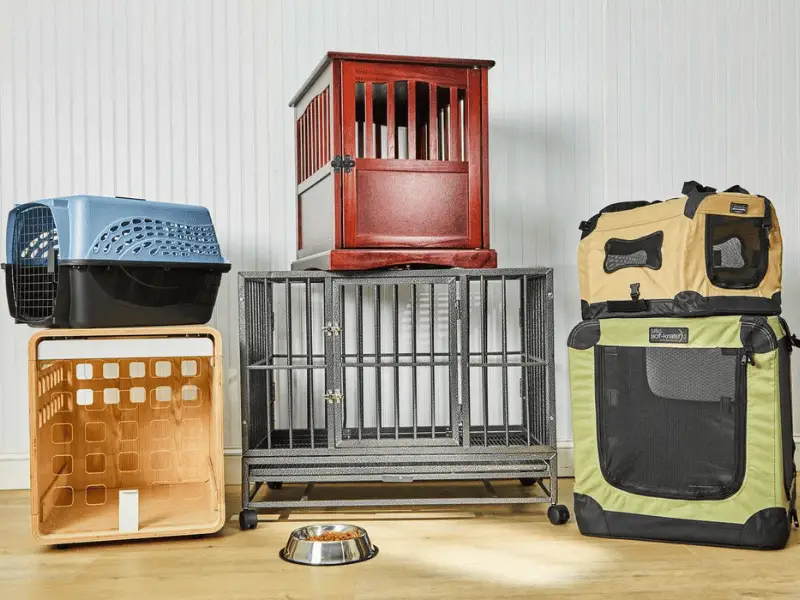As a dog owner and dog lover, you must make sure that your dog is getting all the nutrients required for good health and growth. Same as humans, big dogs, medium sized dogs and even the smallest dog breeds require a balanced diet rich in all nutrients and regular exercise to maintain their health.

Veterinarian, Dr. Abdul Basit Javed shares tips on how you can know if your dog is getting all the nutrients it requires.
Teeth and gums are very important indicators of whether your dog is getting enough nutrients or not
Teeth should be hard if the dog is fully grown, free from dental tartar (hard plaques on teeth).
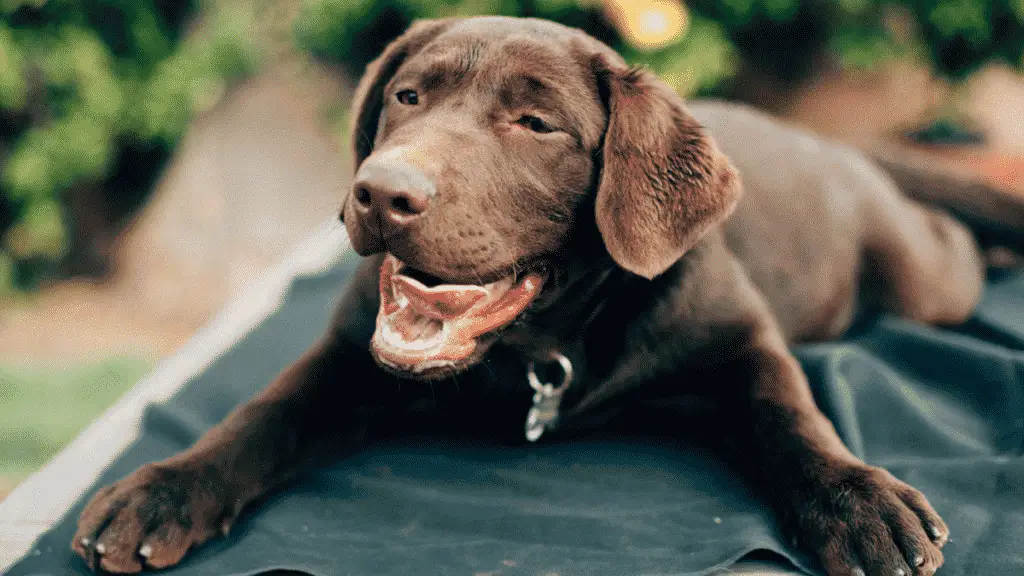
Healthy teeth show a good level of calcium and vitamin D in a dog’s body. At a young age, dogs must be given bones or hard toys to chew on, this will help teeth get stronger.
As a general rule of good health, gums should always be pinkish in color.
Are Your Big Dogs Getting The Nutrients They Require?
Growth is another important indicator of whether your dog is getting enough nutrients or not
Dogs must be able to maintain their weight according to their breed.
Big dogs like Rottweiler, Saint Bernard or Great Danes should be lean and muscular even if they are puppies. Big dogs need more nutrients than smaller breeds of dogs because the bigger they get, more energy is required. Big dog breeds also eat more food than smaller ones.
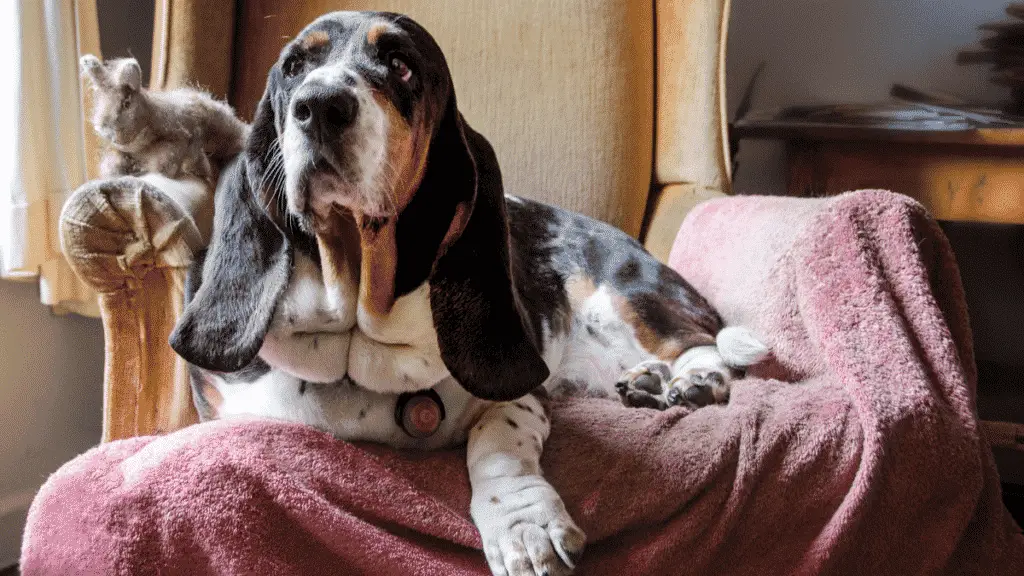
Medium sized dogs like Boxer or Dalmatian should be muscular but lean. Small breeds of dogs should be a bit rounder with a little extra padding because they have a higher percentage of fat to muscle than larger breeds do.
Proper weight according to age is also an important way to assess the nutritional status of the dog.
Normally, if we consider a medium to large size dog like Golden Retriever a three-month-old pup should weigh about 20 to 25 pounds and a one-year dog should around about 60 to 70 pounds.
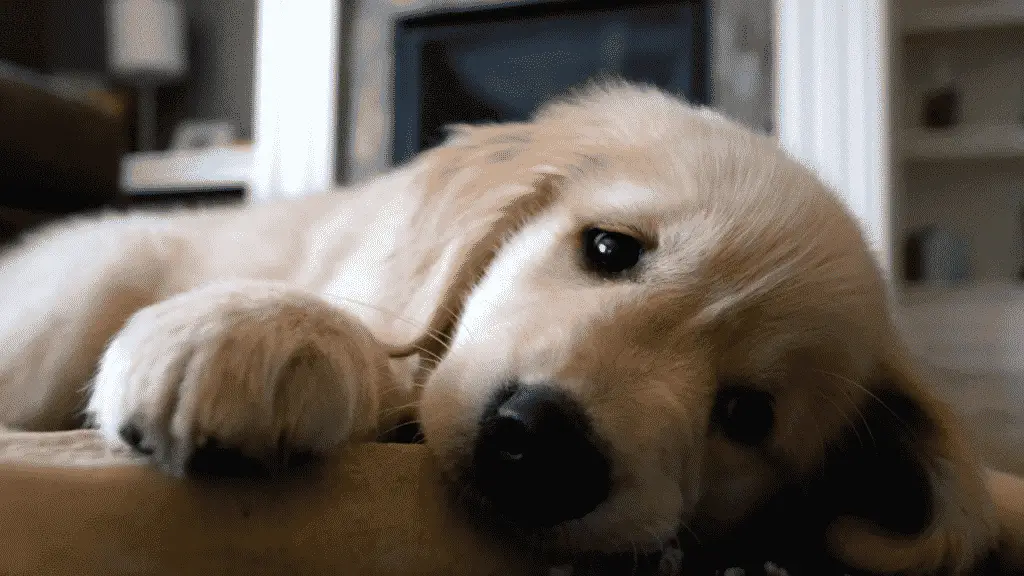
You can see weight charts to know the proper weight of your dog according to its age.
Dr. Javed recommends Bully Max 30/20 for underweight dogs as it’s made with 100% natural ingredients and offers more calories per cup than any other food on the market.

Healthy and strong bones also show that your dog is getting proper nutrition.
When feeding your dog, make sure you include calcium and vitamin D in its diet because these two ingredients help build strong bones and joints.
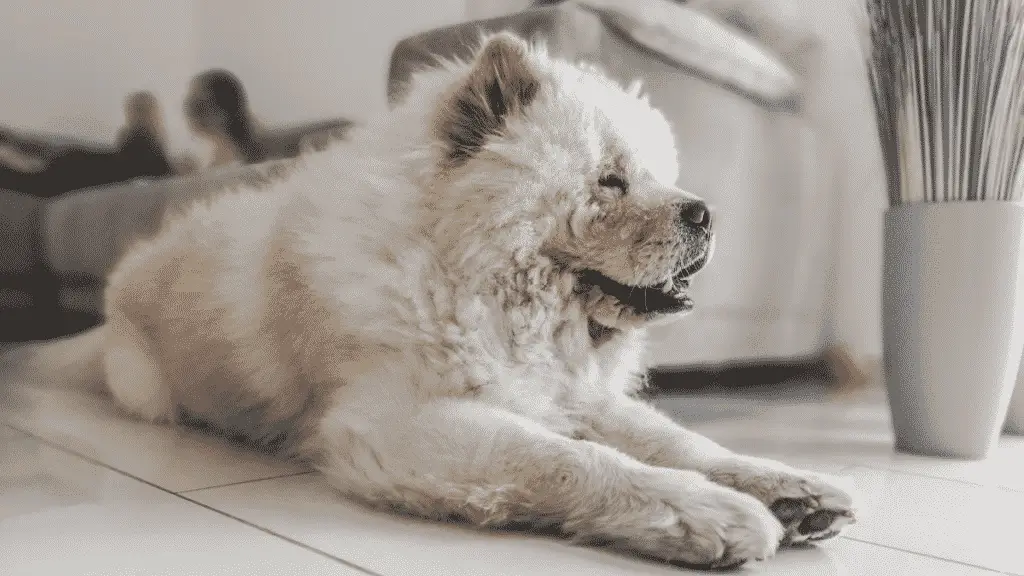
There is vitamin and calcium supplement available for dogs that need extra support.
Have a good knowledge of the nutritional requirements of your dog to ensure health and well-being for many years.
You can also consult with an expert veterinary nutritionist to get advice on the best food for your pet.
Why It is Important to Know Your Pup’s Ideal Weight
By knowing the ideal weight of your dog according to its breed and age, you can make sure that it is within the healthy weight range.
Keeping an eye on your dog’s body condition will also help you be aware of any health issues before they get serious.
Serious health problems like Cushing’s disease (hyperadrenocorticism) or hypothyroidism are usually associated with obesity and poor body condition score. It’s important to know which type of food is best for your big, medium or small sized pet.
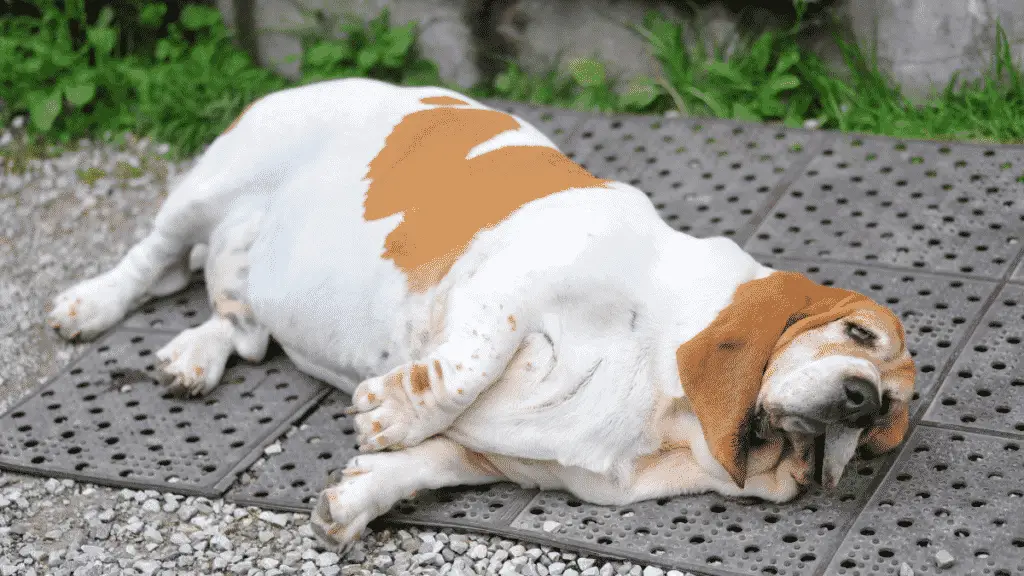
It’s also important to know that even pets can suffer from obesity just like humans do.
Bigger breeds need more food than smaller ones but it should be within the recommended guidelines for their weight and age because an obese dog will have bone and joint problems, heart disease, respiratory issues etc.—just like humans do.
So keep your pet healthy by knowing its proper weight according to its breed and age.
Know Your Dog’s Biggest Growth Stages
– Big dogs grow faster than small ones but medium sized dogs are in between these two stages of growth.
– Big dog breeds have their biggest growth rate before they are a year old whereas smaller dogs’ growth is the fastest between 6 and 12 months, which is also when they need extra nutrients.
– Bigger breeds have another big spurt of growth at two years while smaller breeds reach their full height by this time too.
CONTRIBUTOR:
Gabrielle Zollner & Dr. Abdul Basit Javed


